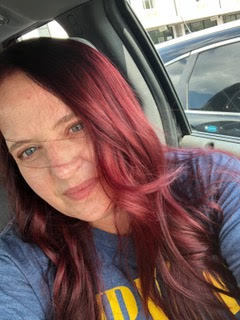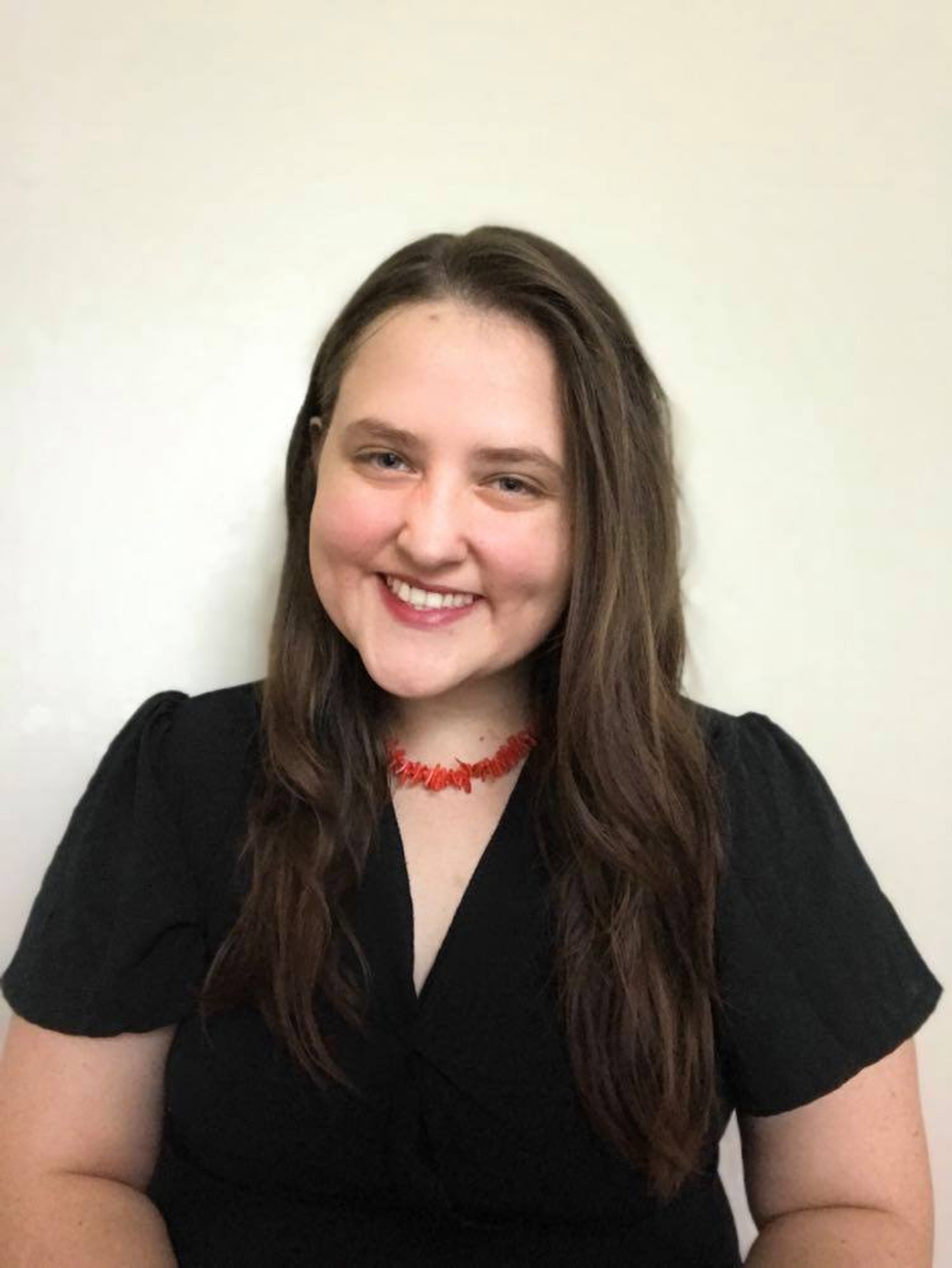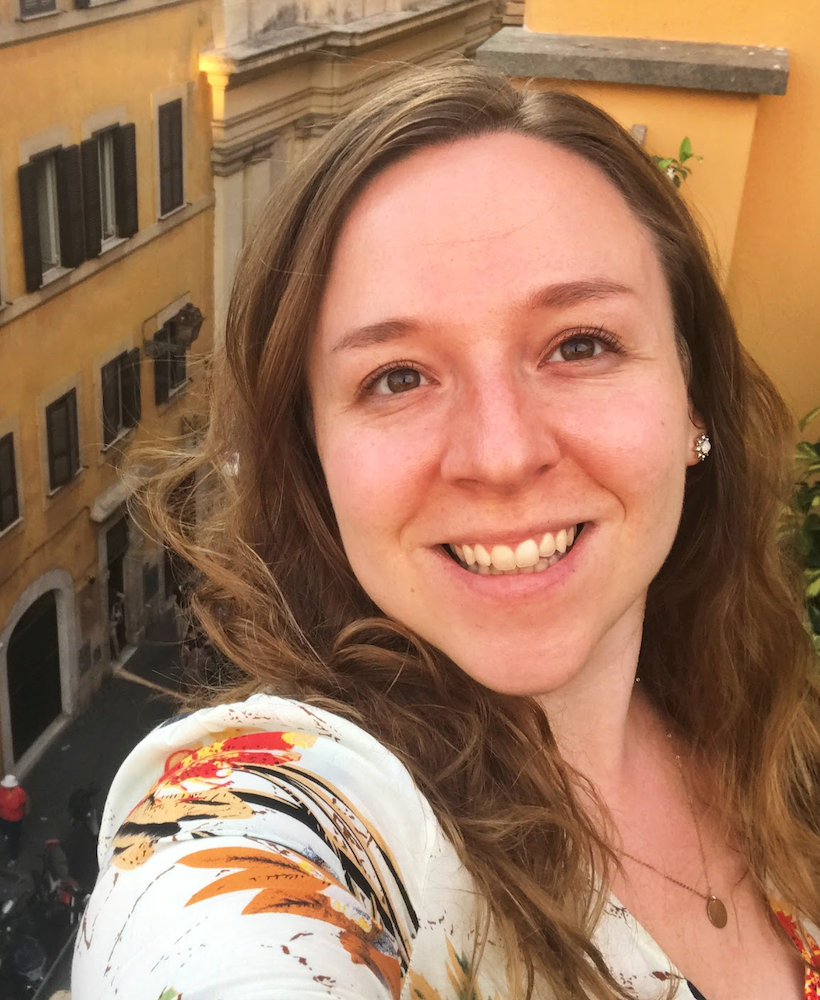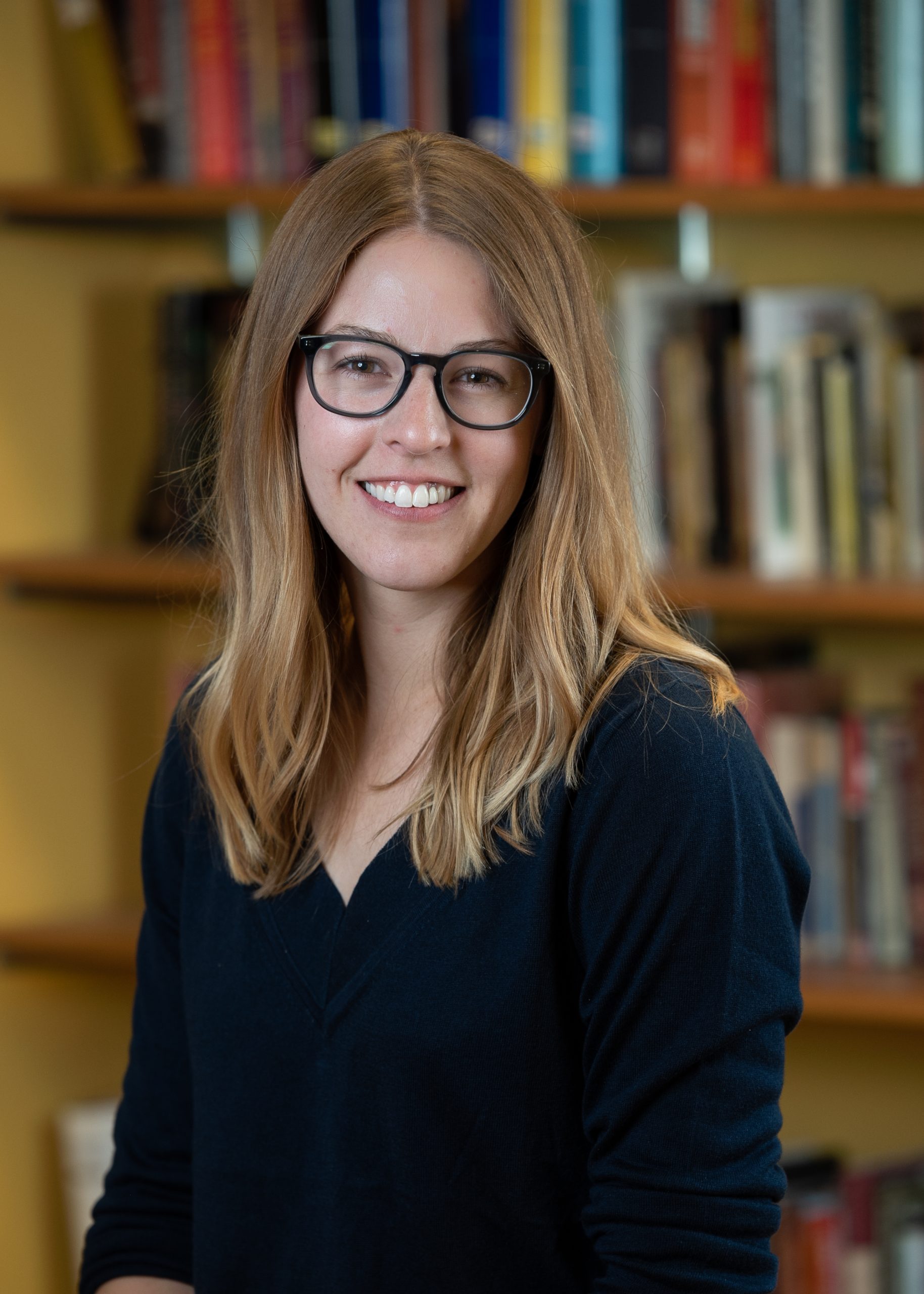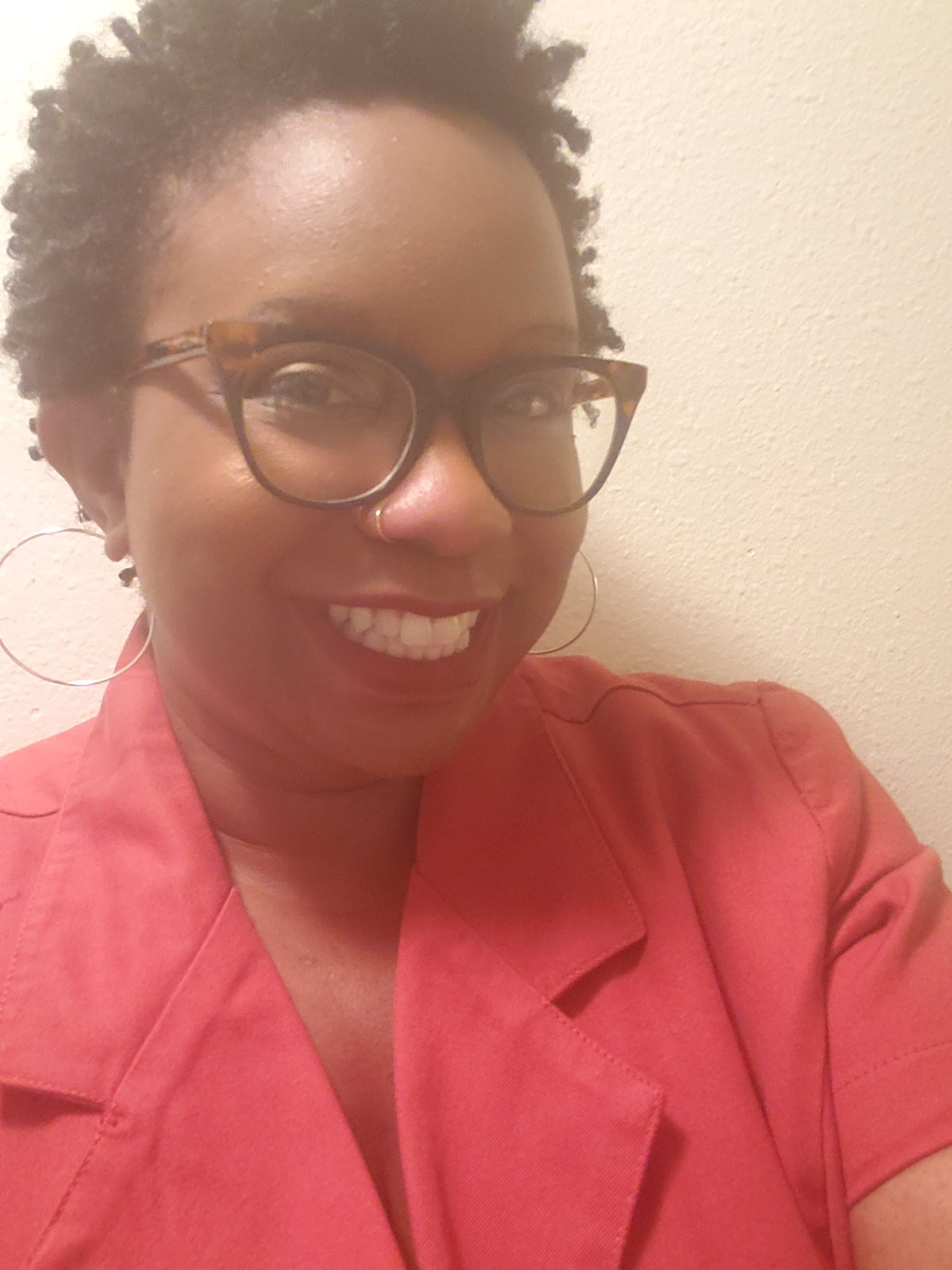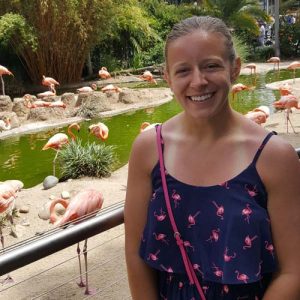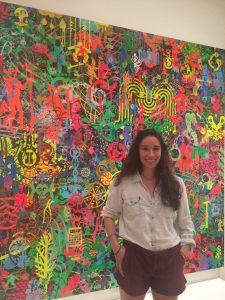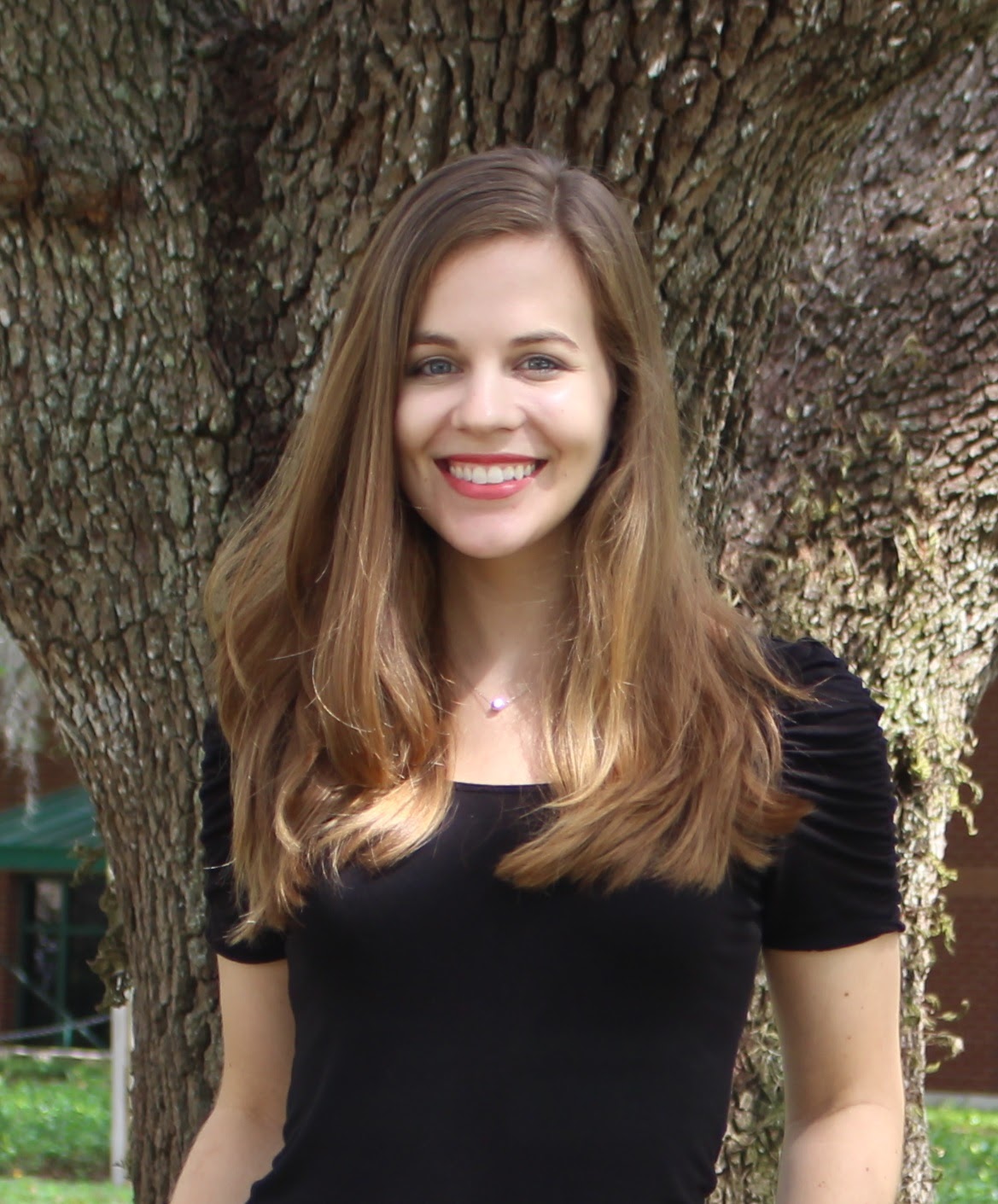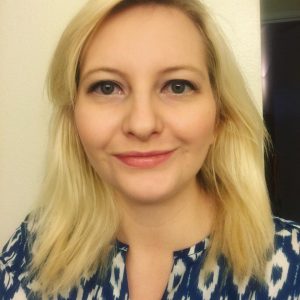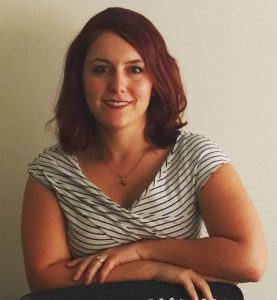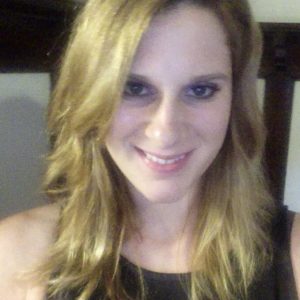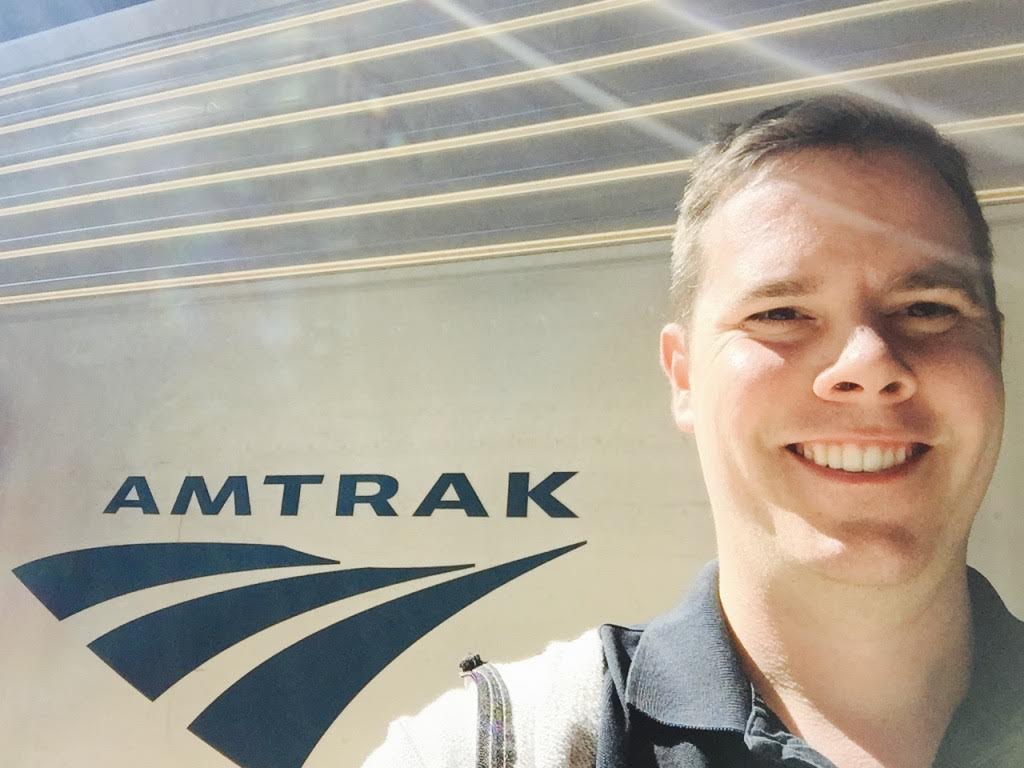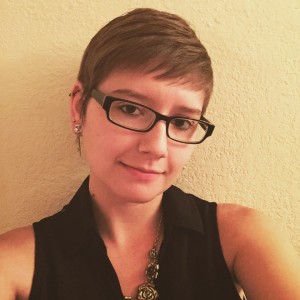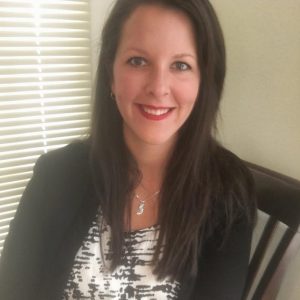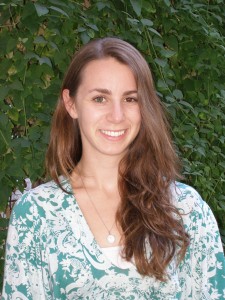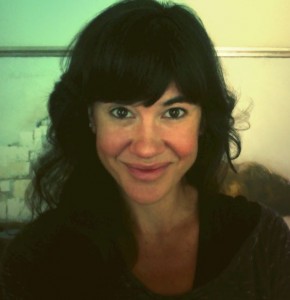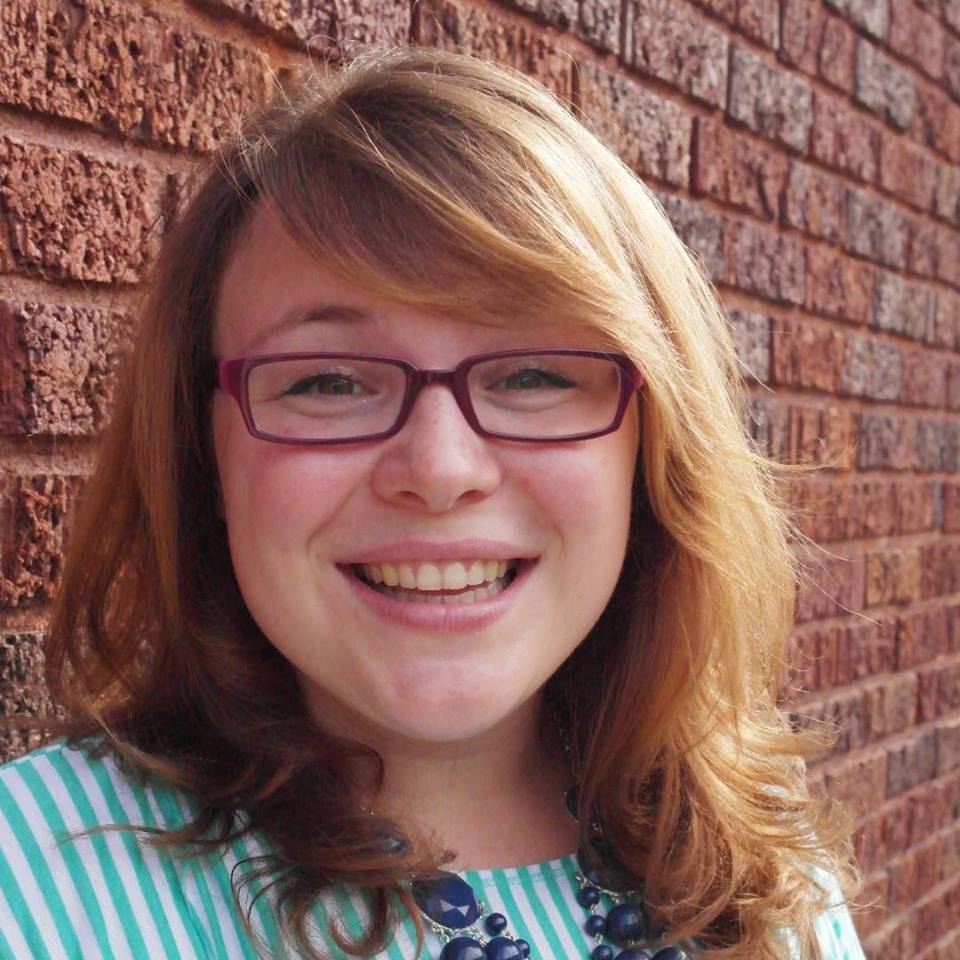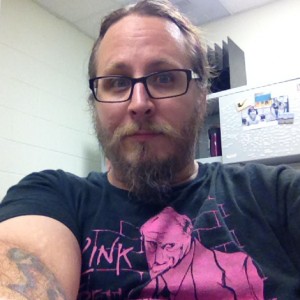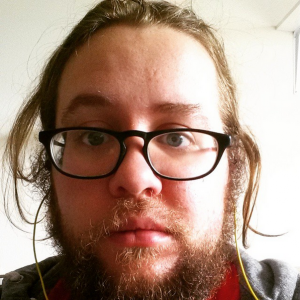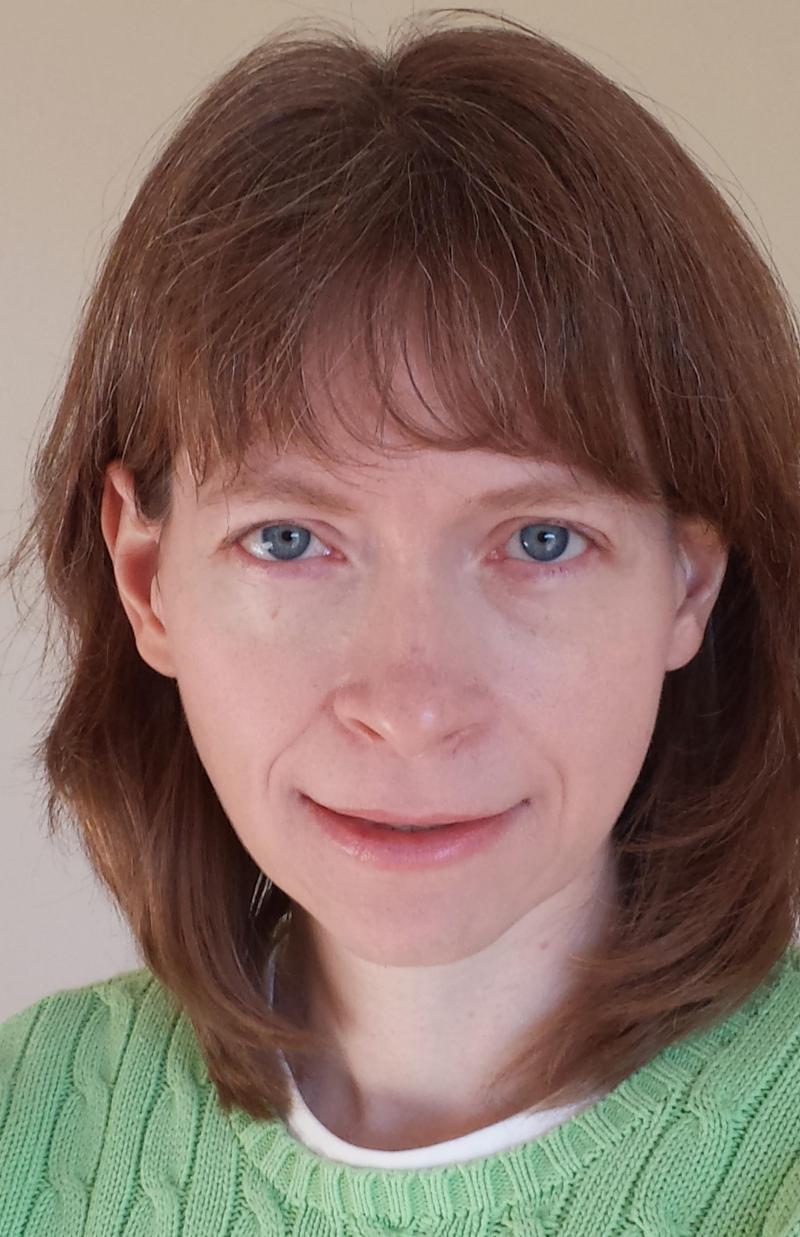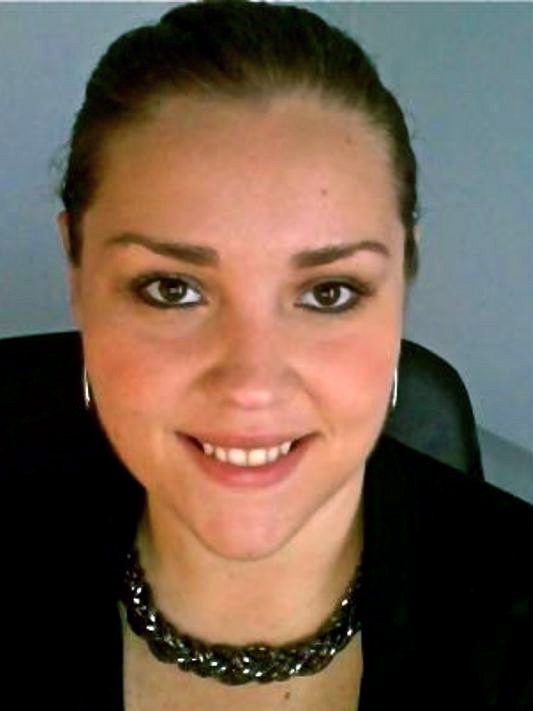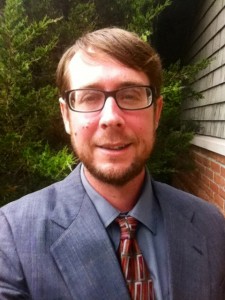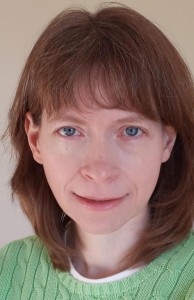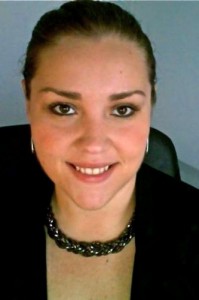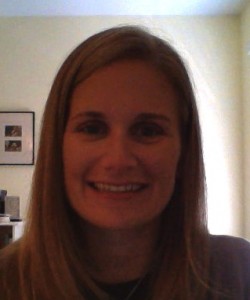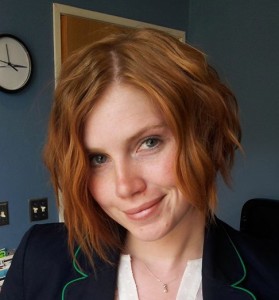2023-2024 Fellows
Saurabh Anand (Saw + Rub) is a Rhetoric and Composition Studies Ph.D. student and an Assistant Writing Center Director in the Department of English at the University of Georgia. His cultural location is India, and his languages are Hindi, Punjabi, English, German, and Hungarian. His research interests include Writing Center Studies, World Englishes, and Second Language Writing. His work has appeared in the English Journal, College Composition and Communication, and the Community Literacy Journal.

Saurabh Anand (Saw + Rub) is a Rhetoric and Composition Studies Ph.D. student and an Assistant Writing Center Director in the Department of English at the University of Georgia. His cultural location is India, and his languages are Hindi, Punjabi, English, German, and Hungarian. His research interests include Writing Center Studies, World Englishes, and Second Language Writing. His work has appeared in the English Journal, College Composition and Communication, and the Community Literacy Journal.

Sarah Fischer (she/her) is a PhD candidate in English with a concentration in Rhetoric at Indiana University Bloomington. Her dissertation explores how multimodal composition and embodied composition come together through the practice of vlogging. She has taught FYC, public speaking, and digital literacy courses, including “Public Storytelling Through Video” and “Like, Comment, Subscribe: The Role of Social Media Influencers.”

Anuj Gupta, a PhD candidate embodies multiple roles at the University of Arizona – a UX researcher, a technical writing educator, and Data Science and Digital Scholarship Fellow. His research and teaching agenda focuses on designing, analyzing, testing, and deploying language technologies to create transformative learning experiences that promote social justice, inclusion, and empowerment for diverse audiences. He is currently working on his dissertation research where he is analysing the impact of AI technologies like large language models (LLM) on human communication, literacy, and emotions. He was recently awarded the Kairos Graduate Student Research Award and the CCCC Scholars for the Dream Award. His significant contributions can be found in journals including Composition Studies, ALRA, JSLAT, and the CWPA journal. Previously, Anuj helped build establishing one of India’s pioneering college-level writing programs at Ashoka University.
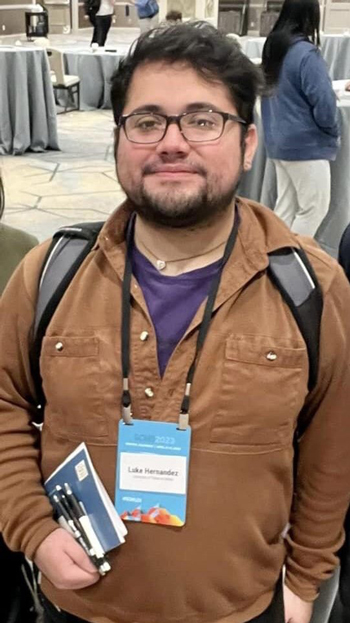
Luke Hernandez is an Art, Technology, and Emerging Communications PhD student at the University of Texas at Dallas. Luke research works lies in the intersection of video game studies, queer theory, and latine studies. His research projects include how digital media, particularly digital games, represent and impact marginalized communities. Luke is also an Aquarius and can be found on Twitter: @Histokaloka.
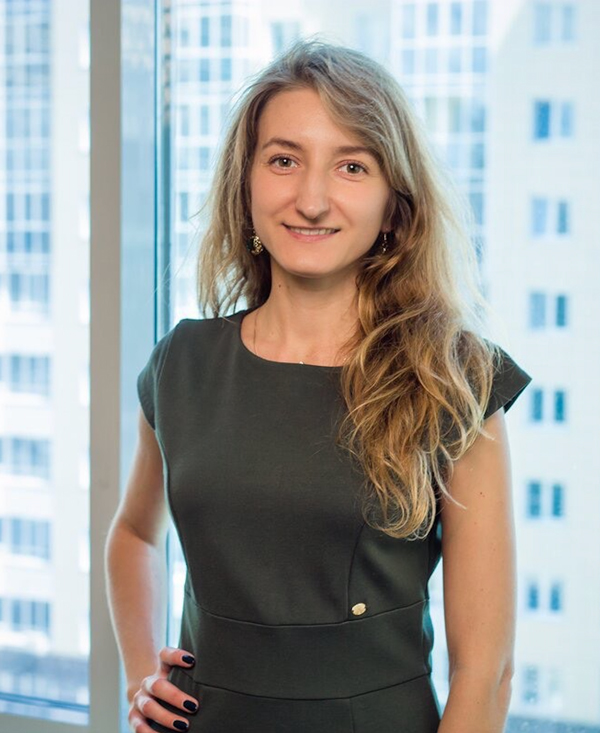
Alexandra Krasova is a Ph.D. candidate in Composition and Applied Linguistics and a Teaching Associate in the English Department at Indiana University of Pennsylvania. Being a multilingual speaker, Alexandra focuses her research on multilingual students’ digital storytelling and explores their translanguaging practices as well as their multilingual identities construction. Alexandra is a Fulbright Scholar Alumna, who was teaching Russian language at the Critical Languages program at Indiana University of Pennsylvania for three years and currently volunteers for the Kathleen Jones White Writing Center. Being a Former Wikipedia CCCC Fellow and a current Digital Rhetoric Collaborative Fellow, Alexandra educates her students on Digital Writing, Literacy, Rhetoric and Composition.

Alex Mashny is a PhD student in Rhetoric and Writing at Michigan State University. His research interests include technical communication, digital and cultural rhetorics, embodiment, and circulation studies.
2022-2023 Fellows
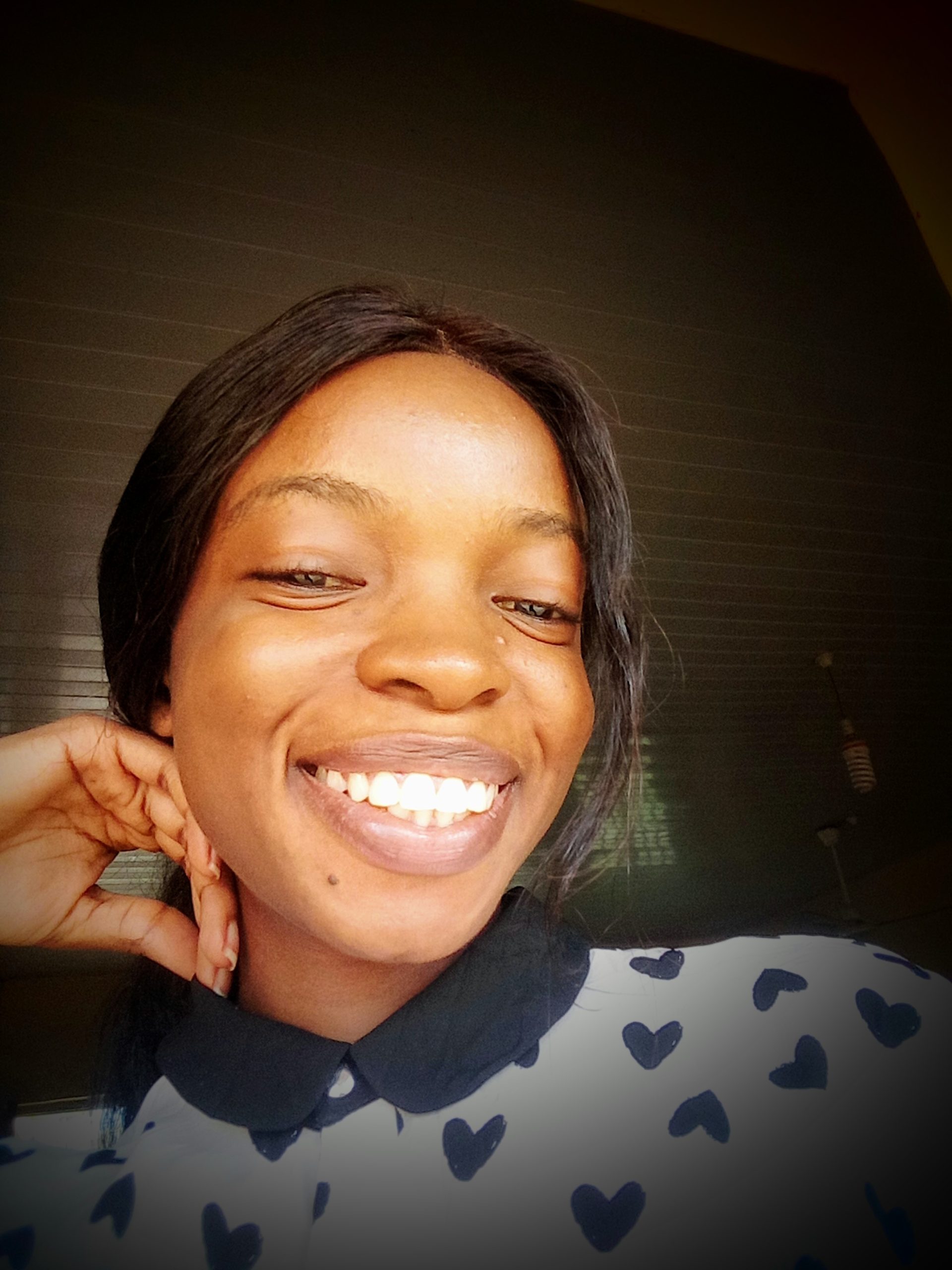
Sarah Akomoh is a second year M.A literature major at The University of South Florida, where she also teaches in the English department writing program. Her research focuses on the rhetoric of voice, femininity, trauma and visibility – especially for Black women in Africa and the diaspora. When she’s not teaching, Sarah writes for personal interest, or spends time working out at the gym.

Alexandra Krasova is a Ph.D. candidate in Composition and Applied Linguistics and a Teaching Associate in the English Department at Indiana University of Pennsylvania. Being a multilingual speaker, Alexandra focuses her research on multilingual students’ digital storytelling and explores their translanguaging practices as well as their multilingual identities construction. Alexandra is a Fulbright Scholar Alumna, who was teaching Russian language at the Critical Languages program at Indiana University of Pennsylvania for three years and currently volunteers for the Kathleen Jones White Writing Center. Being a Former Wikipedia CCCC Fellow and a current Digital Rhetoric Collaborative Fellow, Alexandra educates her students on Digital Writing, Literacy, Rhetoric and Composition.
Laura Menard is a PhD student in Rhetoric and Writing Studies at Bowling Green State University. Her research focuses on various forms of media rhetoric and its weaponization against women, particularly marginalized women in serial killer cases. She is also interested in racist rhetoric in local laws and court rules, and feminist rhetoric in popular culture. You can follow Laura on Twitter at @LauraLeigh425 or her blog at www.coffeewithlauraleigh.com.
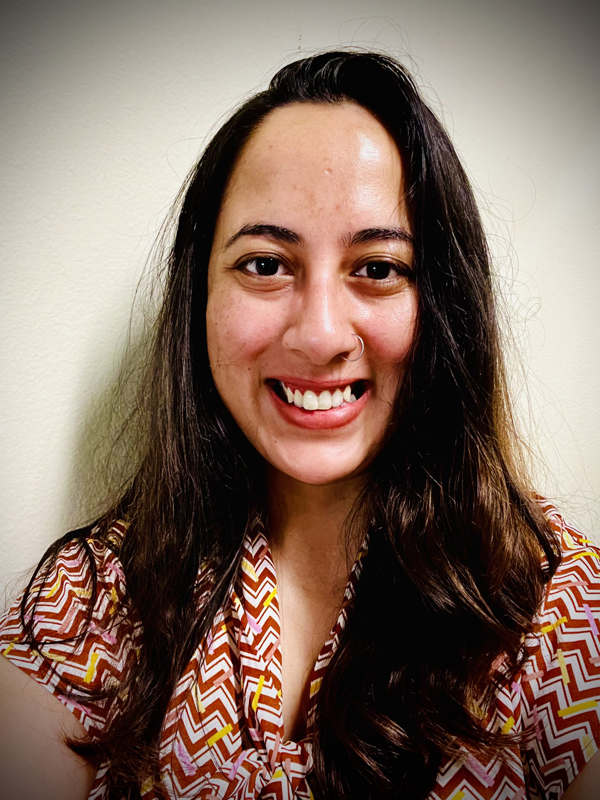
Nitya Pandey is a fifth year PhD in the Rhetoric and Composition program at Florida State University, Tallahassee. Her interest areas are digital writing, online writing instruction, affect, multimodality, and response. Her dissertation investigates the process of responding to students’ writing in online writing classrooms through the lens of care ethics.
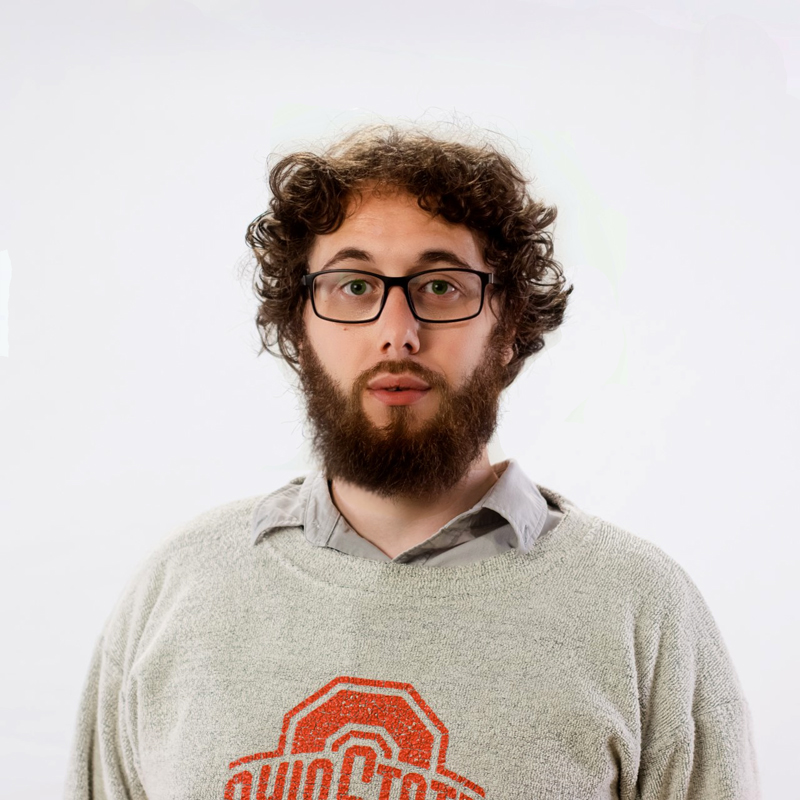
Chris Turpin is a first-gen college student hailing from Appalachia. For as long as he can remember he’s been fascinated by computers. During his teens he dropped out of high school to pursue digital activism, becoming involved in several hacker groups. These experiences led him to pursue higher education, starting at a small community college his grandfather helped build. He’s currently working on his dissertation which explores how computer hacking has shaped our understanding of information technology and how to improve cybersecurity pedagogy.
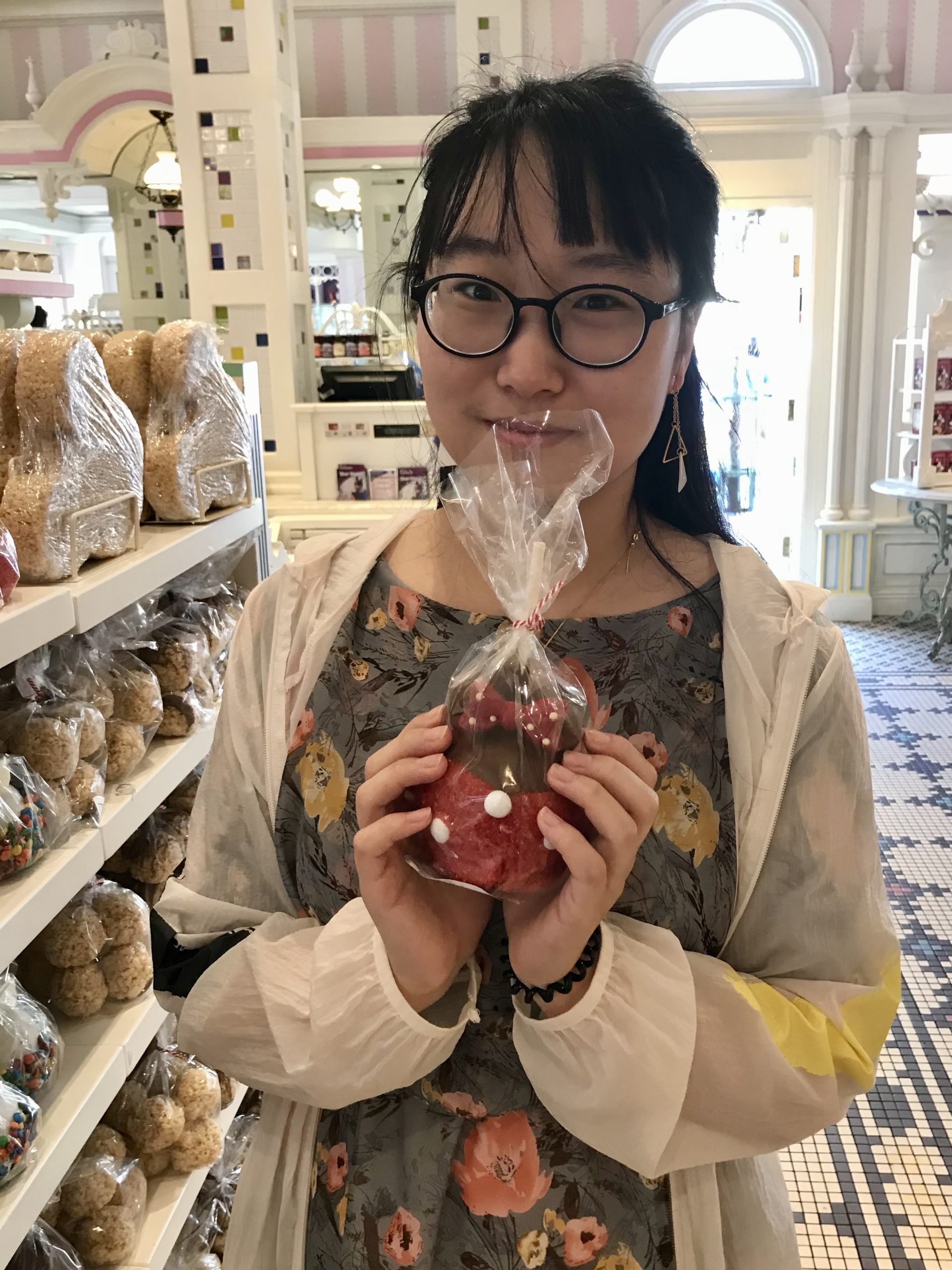
Jiaxin Zhang is a Ph.D. candidate in Technical Communication and Rhetoric at Texas Tech University, where she teaches first-year composition and technical writing courses. Her research interests include UX and usability, content strategy, and digital rhetoric. You can follow her on Twitter at @Jiaxin_Z.
2021-2022 Fellows
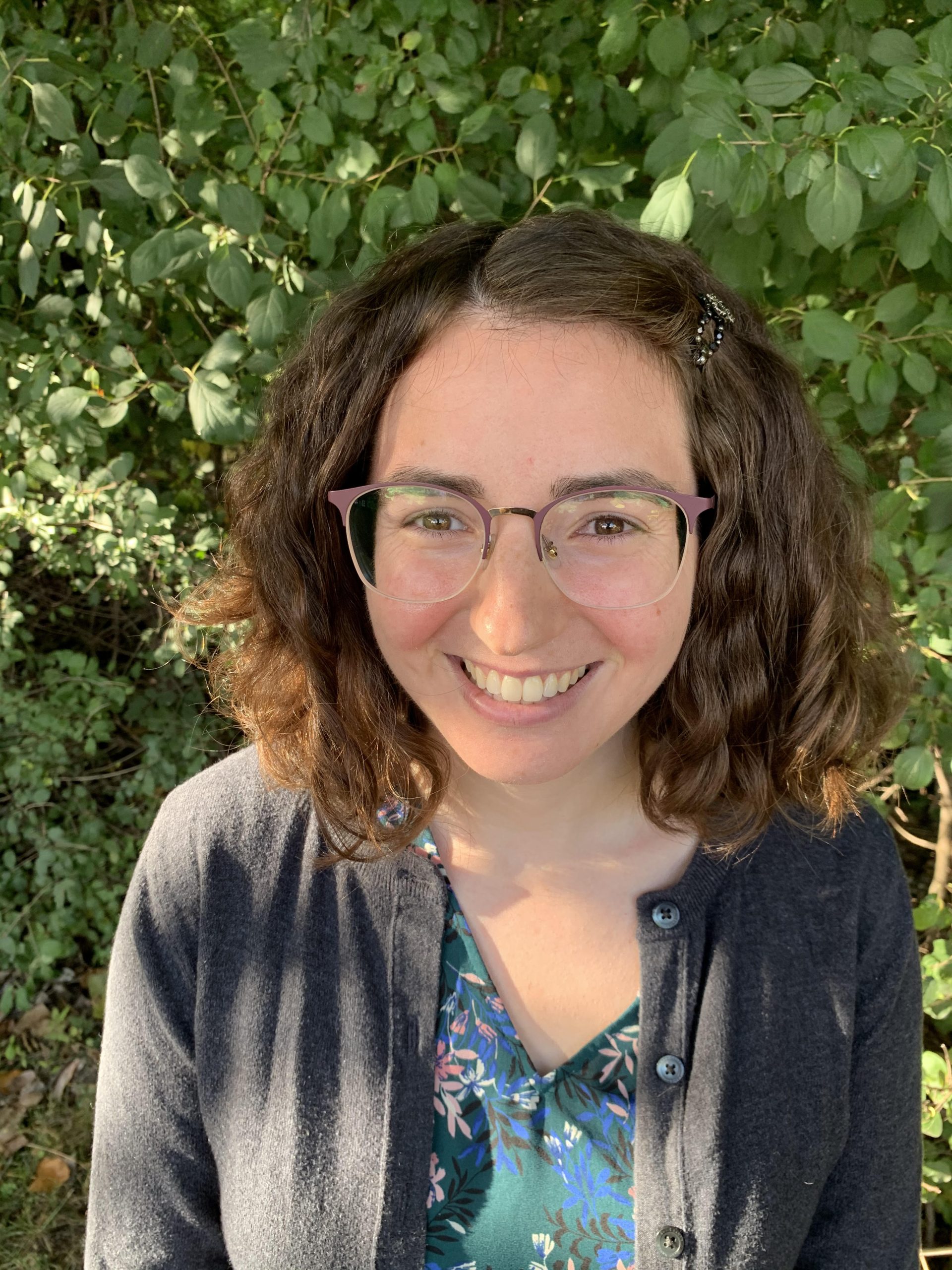
Sarah Hughes is a PhD candidate in the Joint Program in English and Education at the University of Michigan, where she also teaches in the English Department Writing Program. Her research interests include digital rhetoric, gender and discourse, and gaming studies. Her dissertation project explores how women use multimodal discourse—grammatically, narratively, and visually—to navigate online gaming ecologies.
Laura Menard is a PhD student in Rhetoric and Writing Studies at Bowling Green State University. Her research focuses on various forms of media rhetoric and its weaponization against women, particularly marginalized women in serial killer cases. She is also interested in racist rhetoric in local laws and court rules, and feminist rhetoric in popular culture. You can follow Laura on Twitter at @LauraLeigh425 or her blog at www.coffeewithlauraleigh.com.
Laken Brooks (she/her) is a PhD English student and a freelance writer. She researches medical humanities, digital humanities, and folklore. Brooks is particularly interested in studying how rural people, like Appalachians, use different technologies to tell better stories, have a better relationship with their bodies, and live better lives. Her work constellates several fields: disability studies, cultural rhetorics, and gender/sexuality studies. When she’s not teaching, Brooks writes about healthcare (in)accessability, LGBTQ+ and women’s history, wellness, and lifestyle topics for major outlets like CNN, the Washington Post, and Forbes.
Jennifer Burke Reifman is a 4th year Education Ph.D. student at U.C. Davis with an emphasis in Writing, Rhetoric, and Composition Studies. Her research focuses on technology in the writing classroom, writing program administration, and student identity and agency. When she isn’t being a graduate student and writing teacher, she spends most of her time playing with her 2-year old son, tending her backyard garden, or diving into a video game.
Laura McCann is a Ph.D. candidate at Carnegie Mellon University working within the rhetoric of health and medicine, technical communication, and digital rhetorics. Her dissertation project analyzes the intersection of technical and feelings discourses within stories about infertility shared online, and how these patient accounts place viscerality as the central experience within infertility. She teaches professional and technical communication, first-year writing, and has worked closely with graduate students across disciplines to improve their communication skills.
Courtney A. Mauck is a PhD candidate in Rhetoric and Composition at Ohio University. Her research interests include digital rhetorics, social media, multimodal composition, game studies, and writing program administration. Her dissertation project explores the composing habits of first-year writers on Snapchat in order to better understand how instructors can promote critical digital literacies using mobile/multimodal platforms. You can follow her on Twitter at @courtneyamauck.
2020-2021 Fellows
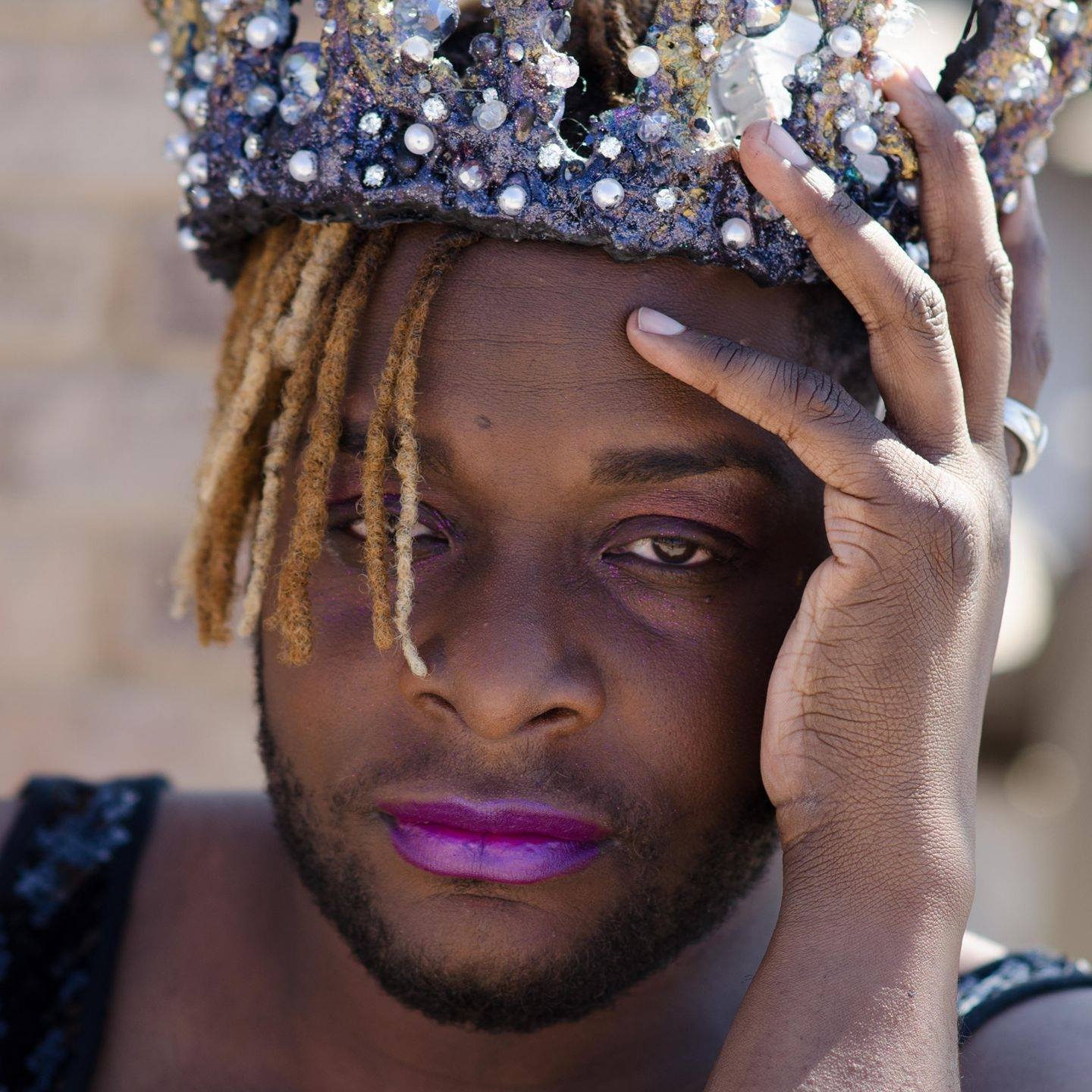
D’Arcee Charington Neal is a PhD student in Rhetoric and Composition at The Ohio State University, where he works at the intersection of disability and Black Digital Media. His research focuses on rhetorical displays of ableism, Afrofuturistic production, and audionarratology. Currently he is composing the opening chapter for his audio novela about a black wheelchair-user/turned digital ghost in future Neo Orleans, and can be followed on Twitter at @drchairington.
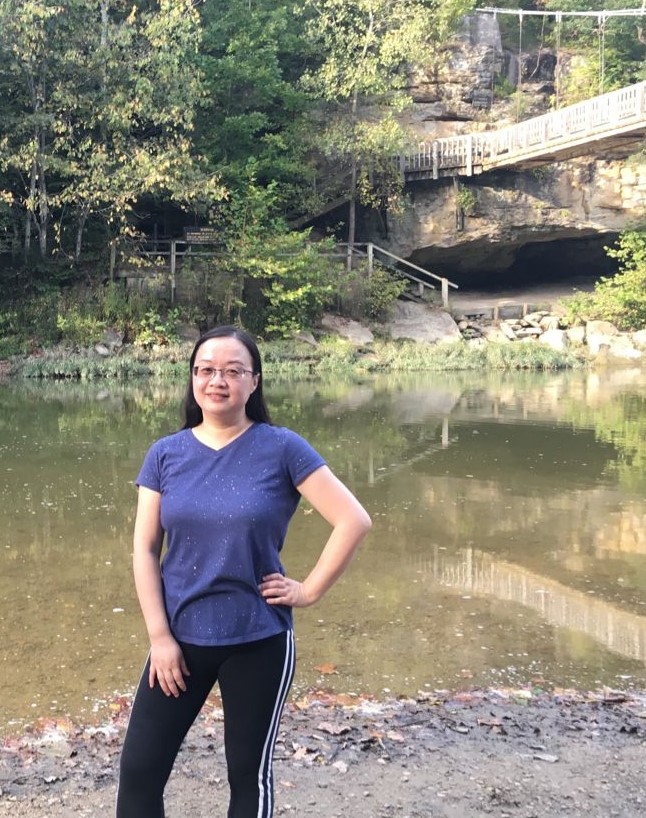
Jianfen Chen is a PhD student in the Rhetoric and Composition program at Purdue University. Currently, she teaches Introductory Composition at Purdue. Before that, she worked as a writing consultant in the Purdue Writing Lab. Her research interests include public rhetoric, digital rhetoric, risk communication, intercultural communication, and professional and technical communication. Jianfen is also a certified Chinese/English translator and interpreter. You can follow her on Twitter at @sugejianfen.
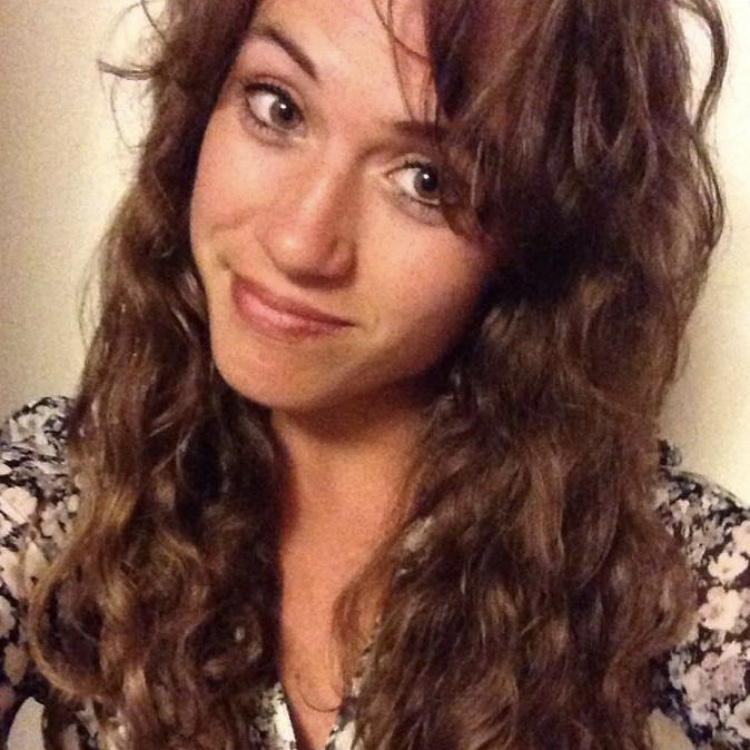
Danielle Koepke is a second year PhD student studying Public Rhetorics and Community Engagement at the University of Wisconsin-Milwaukee. She has an MA in Rhetoric and Composition, and her research areas include multimodal composing practices, digital literacies, and feminist theories. She is also interested in applications of social justice pedagogies in her teaching. You can follow Danielle on Twitter at @koepke_marie13.
Sarah Hughes is a PhD candidate in the Joint Program in English and Education at the University of Michigan, where she also teaches in the English Department Writing Program. Her research interests include digital rhetoric, gender and discourse, and gaming studies. Her dissertation project explores how women use multimodal discourse—grammatically, narratively, and visually—to navigate online gaming ecologies.
Kimberly Williams is a second-year doctoral student in the English Department at the University of Florida where her work encompasses Black love and sound studies across multimedia and literature. You can find her published and upcoming work in Journal of the Society for American Music, Sounding Out! and Standpoints: Black Feminist Knowledges published by Virginia Tech Press.
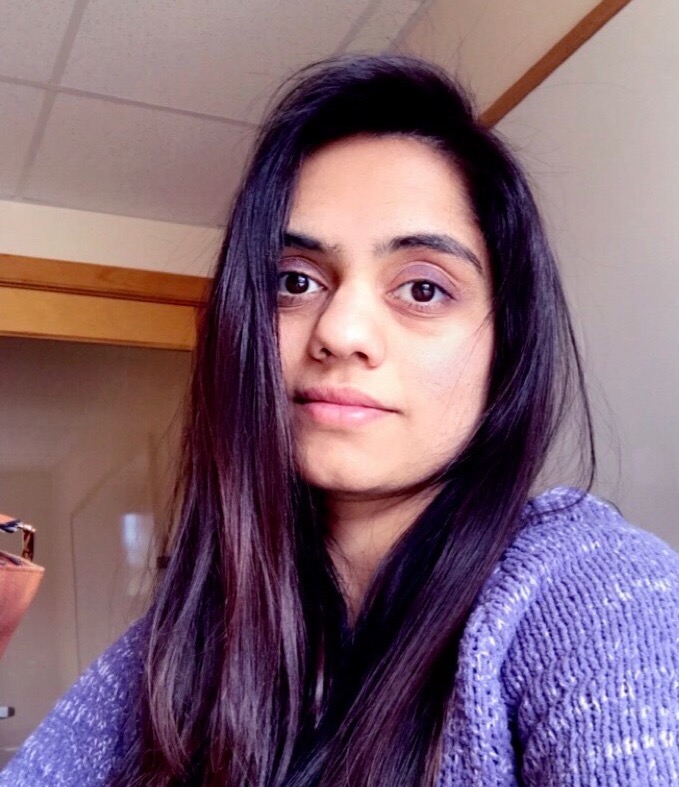
Nupoor Ranade is a Ph.D. student in the Communication, Rhetoric and Digital Media program at the North Carolina State University. Her research focuses on audience analysis, digital rhetoric, user experience and information design, primarily in the field of technical communication and artificial intelligence. Her research experience and partnerships with the industry help her bridge gaps of knowledge that she then brings to her pedagogical practices. She is interested in exploring interdisciplinary collaborative work which helps us redefine the term audience.
2019-2020 Fellows
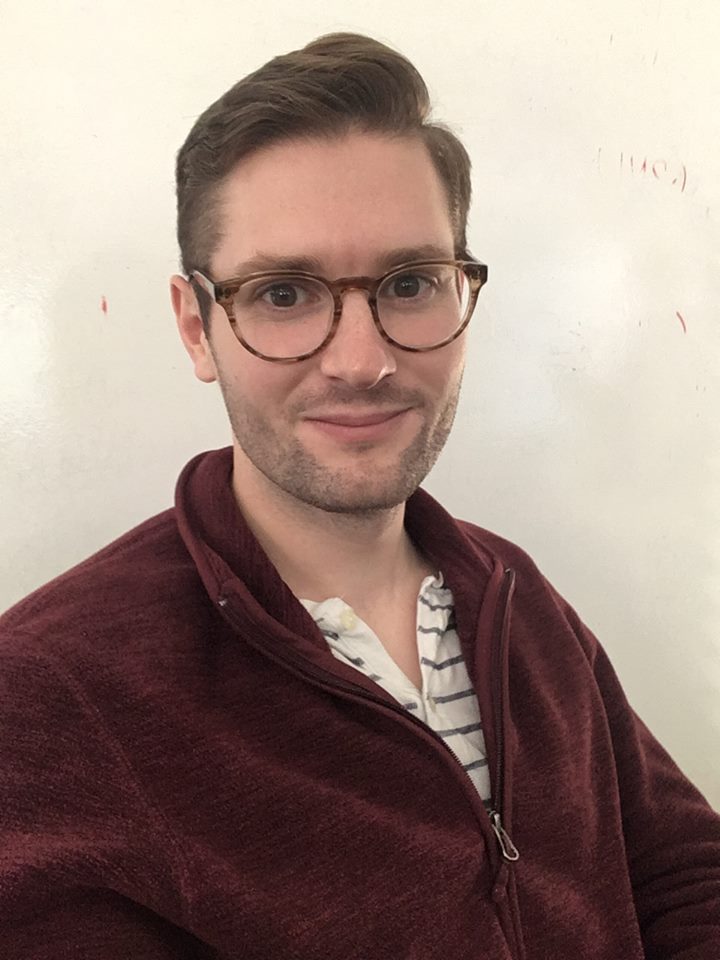
McKinley Green (he/him/his pronouns) is a PhD candidate in Rhetoric and Scientific & Technical Communication at the University of Minnesota, where he teaches classes in technical and professional communication, first-year writing, and visual rhetoric. His interests are located at intersections of technology, rhetoric, and theories of social justice. You can learn more about his teaching and research at http://mckinleytgreen.com.
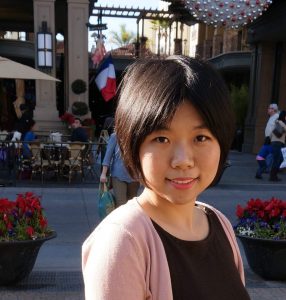
Jialei Jiang is a PhD candidate in Composition and Applied Linguistics at Indiana University of Pennsylvania, where she also teaches first-year composition (FYC) and research writing courses. Her research interests include new materialist theories, digital composition, and public rhetoric. She is interested in exploring the intersection between multimodal pedagogy and public rhetoric advocacy. Jialei’s dissertation focuses on examining the material and affective design of multimodal campaigns in FYC classrooms.

Nupoor Ranade is a Ph.D. student in the Communication, Rhetoric and Digital Media program at the North Carolina State University. Her research focuses on audience analysis, digital rhetoric, user experience and information design, primarily in the field of technical communication and artificial intelligence. Her research experience and partnerships with the industry help her bridge gaps of knowledge that she then brings to her pedagogical practices. She is interested in exploring interdisciplinary collaborative work which helps us redefine the term audience.
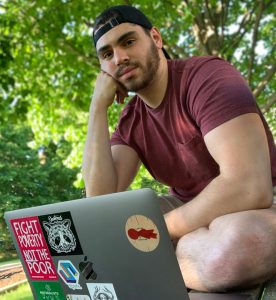
Wilfredo Flores—or Wil—is a third-year PhD student in the Department of Writing, Rhetoric, and American Cultures at Michigan State University. His research deploys ideas from platform studies and cultural rhetorics and qualitative methods to examine how queer people talk about their sexual health on Twitter. You can read more at http://wilfredoflores.org/, and he tweets at @willflowers.
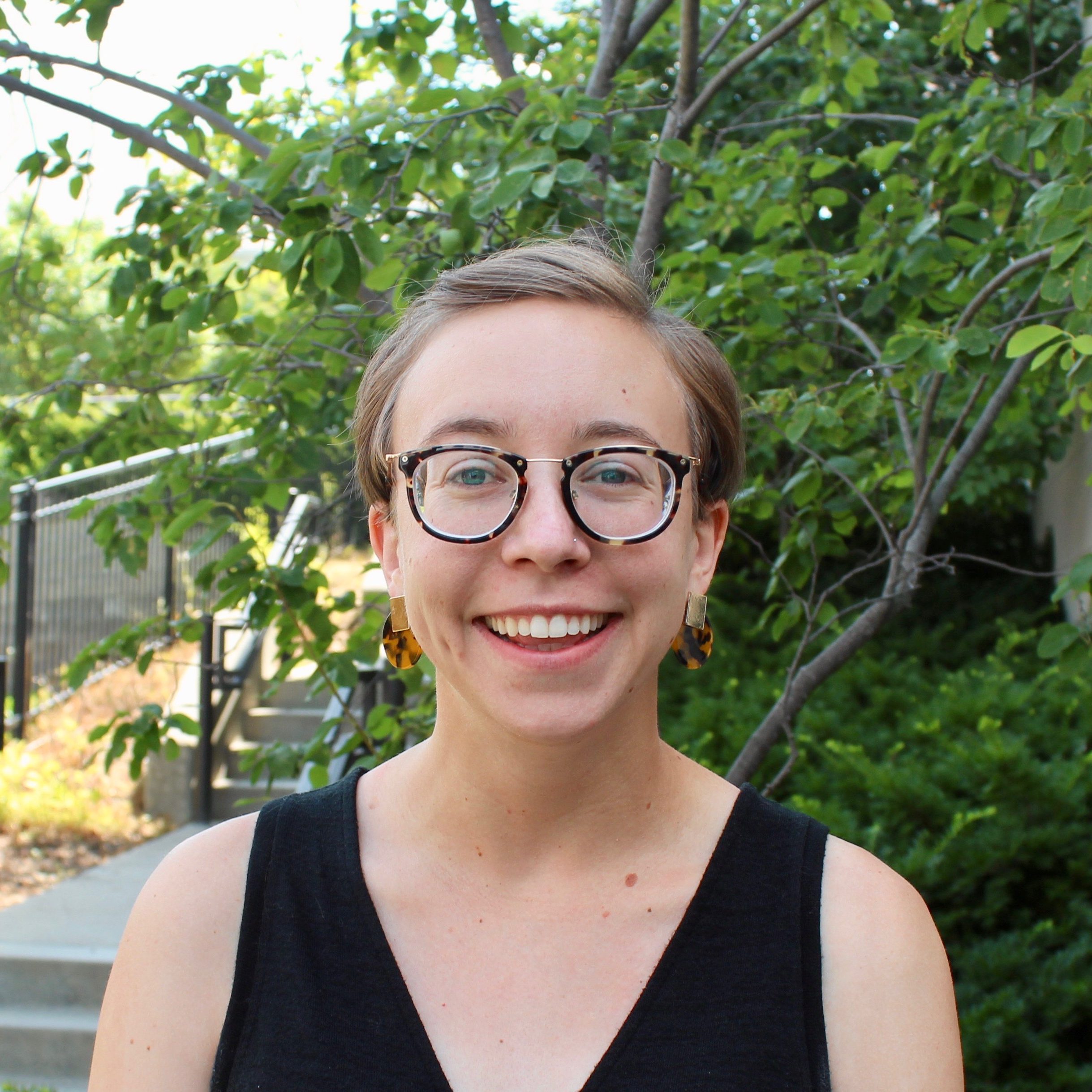
Dana Comi is a PhD student in the Rhetoric and Composition program at the University of Kansas, where she currently teaches first year composition and technical communication courses. Her research interests include Rhetorical Genre Studies (RGS), human-centered design, and digital rhetoric. Currently, she researches neighborhoods that design their own Internet infrastructure as rhetorical access-building. You can follow her on Twitter at @cat_comi.
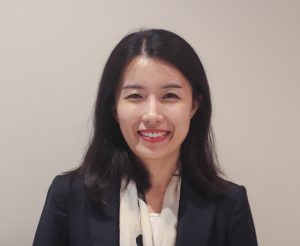
Soyeon Lee is a PhD candidate in Rhetoric, Composition, and Pedagogy in the English department at the University of Houston, Her research interests include transnational literacy studies, digital rhetoric, community engagement, and environmental risk communication. She has worked on representing the experiences and literate lives of flood-affected immigrants living in the Gulf of Mexico coastal cities in the aftermath of disasters.
2018-2019 Fellows
Lauren Garskie, Bowling Green State University
Lauren Garskie is a PhD candidate in the Rhetoric & Writing Program at Bowling Green State University. Her research interests include design literacies, digital rhetoric, and multimodality. Lauren’s dissertation, situated in a newly built space designed to foster cross-disciplinary collaboration at BGSU, examines how collaboration is understood and enacted/affected by a space.
Angela Glotfelter, Miami University of Ohio
Angela Glotfelter is a PhD student in the Composition and Rhetoric program at Miami University of Ohio, where she currently teaches and takes courses in digital writing and rhetoric. Currently, she researches how content creators navigate the complex systems created by algorithms and other actors to achieve success. You can follow her on twitter at @amglotfelter.
Whitney Lew James, Texas Christian University
Whitney Lew James is a PhD candidate in Rhetoric and Composition at Texas Christian University. Currently serving as Assistant Director of TCU’s Center for Digital Expression, her research interests include translingual and multimodal pedagogies, digital rhetoric, and Disability Studies. You can learn more about Whitney’s research and teaching here: whitneylewjames.com. She tweets at @whitney_tweets.
Jialei Jiang, Indiana University of Pennsylvania
Jialei Jiang is a PhD candidate in Composition and Applied Linguistics at Indiana University of Pennsylvania, where she also teaches first-year composition (FYC) and research writing courses. Her research interests include new materialist theories, digital composition, and public rhetoric. She is interested in exploring the intersection between multimodal pedagogy and public rhetoric advocacy. Jialei’s dissertation focuses on examining the material and affective design of multimodal campaigns in FYC classrooms.
Jason Tham, University of Minnesota
Jason is a PhD candidate in Rhetoric and Scientific and Technical Communication at the University of Minnesota––Twin Cities. His current research focuses on making and design thinking in writing pedagogy, multimodality, and emerging technologies such as wearables and mixed reality. He tweets at @JasonCKTham.
Katie Walkup, University of South Florida
Katie Walkup is a PhD student in Rhetoric and Composition at the University of South Florida. Her research interests are rhetoric of health and medicine, digital rhetoric, and writing program administration. Her current research project looks at the role of self-narrative in mental health literacy. She tweets at @klwalkup.
2017-2018 Fellows
Lauren Brentnell, Michigan State University
Lauren Brentnell is a PhD student in Writing, Rhetoric, and American Cultures at Michigan State University. Her research focus is in trauma studies, examining how trauma survivors use nonlinear, multimodal, and digital forms of composing during the recovery process. She currently works as a research assistant with the Corpus and Repository of Writing (CROW), a multi-institutional research project devoted to creating a new digital archive to support new forms of writing research. She tweets at @RhetoricNSpice.
Carleigh Davis, East Carolina University
Carleigh Davis is a PhD student in Rhetoric, Writing, and Professional Communication at East Carolina University. Her research focuses on using Memetic Rhetorical Theory to explore the intersections of rhetoric and social justice in digital spaces. She is currently using this theory in her dissertation as a way of examining the proliferation of fake news items through social media networks. She tweets at @CarleighJoan.
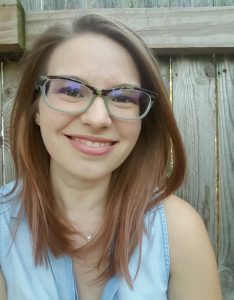
Brandee Easter, University of Wisconsin-Madison
Brandee Easter is a doctoral student in the Composition and Rhetoric program at the University of Wisconsin-Madison. Her research focuses on intersections of gender and digital rhetoric. She also enjoys talking about videogames, graphic design, and her dogs.
Lauren Garskie, Bowling Green State University
Lauren Garskie is a PhD student in the Rhetoric & Writing Program at Bowling Green State University. Her research interests include design, literacies, digital rhetoric, and multimodality. Lauren’s dissertation analyzes the rhetorical uses of a new collaborative space on BGSU’s campus and the influence of such space on its users and a design thinking process.
Kristin Ravel, University of Wisconsin-Milwaukee
Kristin Ravel is pursuing her PhD in English with a concentration in Rhetoric and Composition at the University of Wisconsin-Milwaukee (UWM). Kristin’s dissertation explores ethics and digital multimodality in the composition classroom through, what she is calling, a pedagogy of techno-social relationality. More specifically, a pedagogy of techno-social relationality, motivated by feminist theory on ethics, explores how relationality ought to be understood as taking place online in an inseparable blend of the technical and social. She tweets at @kristin_ravel.
Jason Tham, University of Minnesota
Jason is a PhD candidate in Rhetoric and Scientific and Technical Communication at the University of Minnesota––Twin Cities. His current research focuses on making and design thinking in writing pedagogy, multimodality, and emerging technologies such as wearables and mixed reality.
2016-2017 Fellows
David Coad, University of California, Davis
David T. Coad is a PhD Candidate at the University of California, Davis, studying Education with a designated emphasis in Writing, Rhetoric, and Composition Studies. He uses qualitative methods to research social media as rhetoric, as literate practice, and as a means of community and identity building in contexts such as FYC courses and academic culture. For more info: davidcoad.com, Twitter: @dcoad.
Brandy Deiterle, University of Central Florida
Brandy Dieterle is a doctoral student in the Texts & Technology program at the University of Central Florida (UCF). At UCF, Brandy has been a graduate student tutor in the University Writing Center and has taught first-year composition courses. As a teacher, Brandy encourages students to think of writing and literacy as both self representation and identity forming. Her research is focused on identity and self representation, gender identity and representation, multimodality and new media, and digital rhetoric.

Brandee Easter, University of Wisconsin-Madison
Brandee Easter is a doctoral student in the Composition and Rhetoric program at the University of Wisconsin-Madison. Her research focuses on intersections of gender and digital rhetoric. She also enjoys talking about videogames, graphic design, and her dogs.
Jason Luther, Syracuse University
Jason Luther is a PhD candidate in the Composition and Cultural Rhetoric Program at Syracuse University. His work focuses on self-publishing histories, DIY culture, and multimodal, writing (counter)publics. As a former writing center director, Jason is influenced by pedagogies beyond the classroom, incorporating differentiated learning models that make use of a variety of technologies, both old and new, in the classroom and out. His dissertation examines how the last 20 years have affected authorial desire and rhetorical agency for DIY publishers in the United States and Canada and what those changes mean for the teaching of writing and rhetoric. Sometimes he talks about this and more at taxomania.org and @jwluther.
Kristin Ravel, University of Wisconsin-Milwaukee
Kristin Ravel is pursuing her PhD in English with a concentration in Rhetoric and Composition at the University of Wisconsin-Milwaukee (UWM). Kristin’s dissertation explores ethics and digital multimodality in the composition classroom through, what she is calling, a pedagogy of techno-social relationality. More specifically, a pedagogy of techno-social relationality, motivated by feminist theory on ethics, explores how relationality ought to be understood as taking place online in an inseparable blend of the technical and social. She tweets at @kristin_ravel.
Sara West, University of Arkansas
Sara West is a PhD candidate specializing in Rhetoric and Composition at the University of Arkansas. Her research addresses how student-users compose in anonymous and/or ephemeral social media spaces, and how composition and technical communication researchers can begin to navigate these spaces as well. At the University of Arkansas, Sara has taught courses in first-year writing, advanced composition, and technical writing; she has also designed and taught first-year composition courses focusing on writing for the web and writing for social media. She’s also a semi-competent yogi and runner, a cat enthusiast, a lover of lists and plans, and an avid TV fan. Her website is saraofthewest.com, and she tweets at @saraofthewest.
2015-2016 Fellows
Jenae Cohn, University of California, Davis
Jenae Cohn is a PhD student in English, pursuing a designated emphasis in Writing, Rhetoric, and Composition, at the University of California, Davis. She is currently researching the rhetoric of loss around the shift from print to digital culture, but she is also interested in hybrid and online learning and instructional design. Beyond serving as a fellow for the DRC, she serves a graduate writing fellow in UC Davis’ Writing Across the Curriculum program, manages the UC Davis undergraduate student blog, Aggie Voices, and blogs intermittently at jenaecohn.net.
Brandy Deiterle, University of Central Florida
Brandy Dieterle is a doctoral student in the Texts & Technology program at the University of Central Florida (UCF). At UCF, Brandy has been a graduate student tutor in the University Writing Center and has taught first-year composition courses. As a teacher, Brandy encourages students to think of writing and literacy as both self representation and identity forming. Her research is focused on identity and self representation, gender identity and representation, multimodality and new media, and digital rhetoric
Leigh Meredith, Northwestern University
Leigh Meredith is a PhD candidate in Rhetoric and Public Culture at Northwestern University. Her research and teaching interests center around digital and technological rhetorics, identity discourses, and intersections between old and new media. Her dissertation project explores rhetorics of evidence and identification in U.S. public culture, and examines the role of digital writing and reading practices in reshaping ideas about and approaches to individual identity. As the Coordinator of Northwestern’s Public Speaking program and a Northwestern Searle Teaching Mentor, she is also committed to helping graduate students engage digital writing pedagogies across the curriculum, and specifically in communication as well as composition-specific courses. You can find more about her research and teaching online at ltmeredith.com.
Paula Miller, Ohio State University
Paula Miller is an English PhD graduate fellow in Rhetoric, Composition and Literacy at The Ohio State University. Her research interests sit at the intersection of writing center studies and digital media studies, interests informed by over a decade of writing center work. In her free time, she enjoys writing music and playing with new technologies. You can find her full CV at paula-miller.com.
Nathan Riggs, Clemson University
Nathan Riggs is a doctoral student in the Rhetorics, Communication and Information Design program at Clemson University. His current research focuses on the convergence of simulation, cognitive science and new (and old) materialisms as they relate to Rhetoric and Communication. On the side, Nathan creates digital artifacts and serious games. You can find more information, as well as some of his work, at http://www.nathanriggs.com; the website is currently being redeveloped.
Neil Simpkins, University of Wisconsin-Madison
Neil Simpkins is a Ph.D. candidate in the Composition and Rhetoric program at the University of Wisconsin-Madison. He explores how disabled students experience college writing classrooms and how disability interacts with multimodal writing. He is also interested in technologies of surveillance and bureaucracy and how they affect rhetorics of identity. You can find more information about Neil at neilfsimpkins.com, and he also tweets at @neilfsimpkins.
2014-2015 Fellows
S. Brenta Blevins, University of North Carolina at Greensboro
Brenta Blevins is a PhD student specializing in rhetoric and composition at The University of North Carolina at Greensboro. She has previously served as Assistant Director of the UNCG Digital ACT Studio and worked in the software development industry. Her research interests include digital pedagogy, wikis as genre and learning tool, digital literacy, and digital literacy learning centers.
Jenae Cohn, University of California, Davis
Jenae Cohn is a PhD student in English, pursuing a designated emphasis in Writing, Rhetoric, and Composition, at the University of California, Davis. She is currently researching the rhetoric of loss around the shift from print to digital culture, but she is also interested in hybrid and online learning and instructional design. Beyond serving as a fellow for the DRC, she serves a graduate writing fellow in UC Davis’ Writing Across the Curriculum program, manages the UC Davis undergraduate student blog, Aggie Voices, and blogs intermittently at jenaecohn.net.
Laura Gonzales, Michigan State University
Laura Gonzales is a doctoral student in Rhetoric & Writing and a University Distinguished Fellow at Michigan State University. Her research interests include intersections of cultural and digital rhetorics, as well as composition theory and second language writing. She has developed and taught courses in writing and rhetoric and is interested in the ways digital tools and spaces are used by multilingual writers.
Lindsey Harding, University of Georgia
Lindsey Harding is a Ph.D. candidate at the University of Georgia. Her research and writing interests include composition and rhetoric, creative writing, and digital humanities. She currently works as the Assistant to the Director of the Writing Intensive Program at UGA. Her critical essay on multimodal reflective writing appears in Teaching English in the Two-Year College, and she has an essay on Pinterest and mothers forthcoming in Harlot. Her stories have appeared in Soundings Review, Prick of the Spindle, The Boiler, Xenith, Wilderness House Literary Review, and Stray Dog Almanac. In May 2011, she graduated from Sewanee University’s School of Letters with her M.F.A. in creative writing. She earned her B.A. from Columbia University in 2004. She lives in Athens, Georgia, with her husband and three small children. You can find her online at www.lindseymharding.com.
Paula Miller, Ohio State University
Paula Miller is an English PhD graduate fellow in Rhetoric, Composition and Literacy at The Ohio State University. Her research interests sit at the intersection of writing center studies and digital media studies, interests informed by over a decade of writing center work. In her free time, she enjoys writing music and playing with new technologies. You can find her full CV at paula-miller.com.
Matthew Vetter, Ohio University
English PhD candidate and Teaching Associate Matthew Vetter is the 2014-15 Claude Kantner Research Fellow at Ohio University, where he has served for the last two years as Assistant Director of Composition. His research interests circle around questions related to digital culture and rhetorics, composition pedagogy, critical theory and activism. He’s also something of a Wikipedia fanatic and his dissertation focuses on the opportunities for writing pedagogy afforded by the encyclopedia. He has published scholarly work in Computers and Composition Online, Composition Studies, Harlot of Hearts and Research Library Issues. Vetter also holds an MFA in creative writing from Spalding University and has published poems in numerous national and regional journals. See more of his creative and scholarly work at mattvetter.net.
2013-2014 Fellows
S. Brenta Blevins, University of North Carolina at Greensboro
Brenta Blevins is a PhD student specializing in rhetoric and composition at The University of North Carolina at Greensboro. She has previously served as Assistant Director of the UNCG Digital ACT Studio and worked in the software development industry. Her research interests include digital pedagogy, wikis as genre and learning tool, digital literacy, and digital literacy learning centers.
Laura Gonzales, Michigan State University
Laura Gonzales is a doctoral student in Rhetoric & Writing and a University Distinguished Fellow at Michigan State University. Her research interests include intersections of cultural and digital rhetorics, as well as composition theory and second language writing. She has developed and taught courses in writing and rhetoric and is interested in the ways digital tools and spaces are used by multilingual writers.
Lindsey Harding, University of Georgia
Lindsey Harding is a Ph.D. student at The University of Georgia. She graduated from Sewanee University’s School of Letters in May 2011 with an M.F.A. in creative writing and earned her B.A. from Columbia University in 2004. After teaching First-Year Composition for two years at UGA, she is now the teaching assistant for the Writing Intensive Program. Her research and writing interests include digital rhetoric, computers and composition, digital humanities tool design and development, and media-saturated fiction.
Elizabeth Homan, University of Michigan
Liz Homan is a doctoral candidate in the Joint Program in English and Education at The University of Michigan. Her research focuses on secondary teachers’ uses of digital technologies; specifically, her dissertation work examines how teachers’ social networks shape their uses of web technologies in the English classroom. Her other interests include running, cooking, and hanging out with her rambunctious dog, Gertrude.
Rebecca Tarsa, University of Wisconsin, Madison
Becca Tarsa is a PhD student at UW-Madison; her interests include digital writing and rhetorics, first-year writing, visual rhetoric and multimodal composition. Lately, Becca has been spending her time interviewing students at UW and Madison College about their online reading and writing, with the goal of learning more about their perceptions of and motivations for that activity. In addition to teaching and this research for her dissertation, she’s also been researching the role of narrative writing in video games by playing a lot of Mass Effect.

